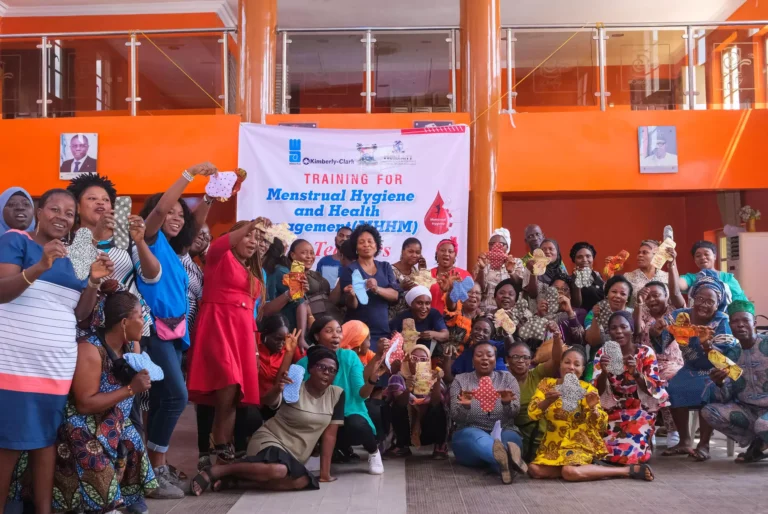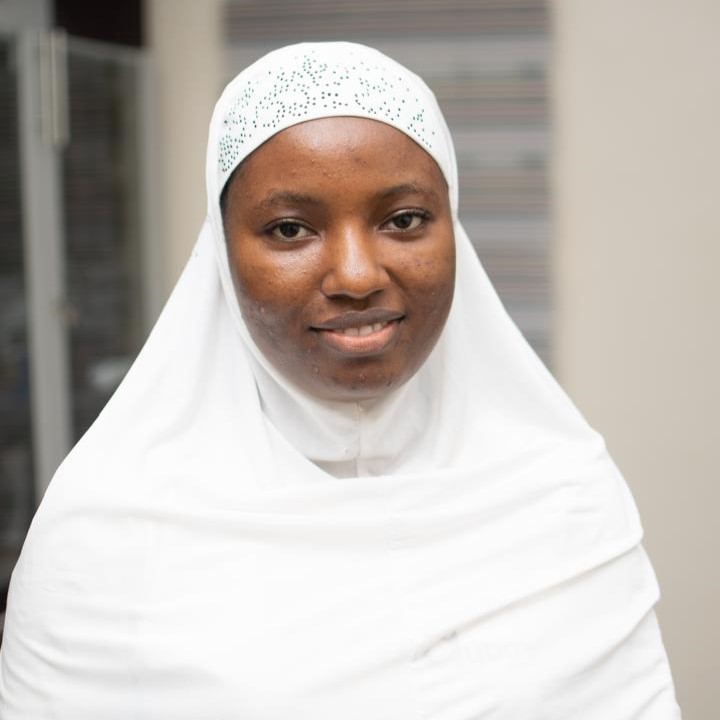Millions of Nigerian girls continue to miss school, face health risks, and suffer in silence simply because menstrual health remains excluded from key national policies.
As the world marks Menstrual Hygiene Day 2025 themed “Together for a #PeriodFriendlyWorld”, a non-profit organisation, WaterAid Nigeria has renewed calls for the integration of menstrual health into national and sub-national water, sanitation, hygiene (WASH), gender, and education policies.
It said Nigeria cannot afford to treat menstrual health as a side issue when it intersects so critically with education, public health, gender equity, and human rights.
Globally, 500 million people lack access to adequate menstrual products and facilities. About 46 per cent of Nigerians have access to basic sanitation services, while only 13 per cent use improved sanitation facilities with proper handwashing stations, according to the 2021 WASHNORM survey.
“For menstruating girls and women, this gap means exposure to shame, infection, and stigma, often with lifelong consequences,” the organisation said, calling for national recognition that menstrual health is a human right, not a privilege.
Menstruation limiting millions of girls, women
The Country Director of WaterAid Nigeria, Evelyn Mere lamented that menstruation continues to limit the potential of millions of girls and women in Nigeria.
According to her, this year’s theme resonates deeply with WaterAid’s mission, emphasising that periods should never be a barrier to education, livelihood or dignity.
She maintained that no one should miss school, feel ashamed, or be unsafe simply because they are menstruating.
Despite being an education and gender equality issue, Ms Mere reiterated that millions of women and girls in Nigeria still lack access to basic WASH services, as well as accurate information and safe spaces to manage their periods.
This reality, she said, contributes to keeping girls out of school and preventing women from participating fully in daily life.
“It is unacceptable that menstruation continues to limit the potential of millions of girls and women in Nigeria. A period-friendly world is one where dignity, access, and rights are protected for everyone, regardless of age, location, or income,” she said.
She urged governments, schools and communities to break the silence around menstruation and challenge harmful taboos to ensure that every girl and woman can manage her period with dignity, confidence and in a safe manner.
Demands
In commemoration of this year’s Menstrual Hygiene Day, WaterAid Nigeria has renewed its call for the integration of menstrual health into national and sub-national WASH, health, gender, and education policies. The organisation emphasised the need for a coordinated approach that recognises menstrual health as a fundamental human right and development priority.
It further urged the government and stakeholders to prioritise inclusive, climate-resilient WASH facilities and menstrual services in schools and public spaces. In addition, it called for intensified efforts to challenge menstrual stigma through community engagement and advocacy, alongside increased investment in behaviour change and community education to dismantle harmful norms.
Interventions
In partnership with schools, health institutions, communities and government at both national and sub-national levels, WaterAid Nigeria said it is implementing a range of menstrual health and hygiene management (MHHM) interventions including, the provision of WASH facilities in schools, the establishment of hygiene clubs, the production and distribution of reusable pads, and community sensitisation efforts.
According to the organisation, these initiatives aim to foster supportive environments where menstruation is normalised, and no girl or woman is left to choose between managing her period and living her life with dignity.
WaterAid called on the public, policymakers, and development partners to join the movement towards menstrual equity. “Together, we can create a Nigeria where menstruation is no longer a barrier to opportunity, safety, or dignity.”


